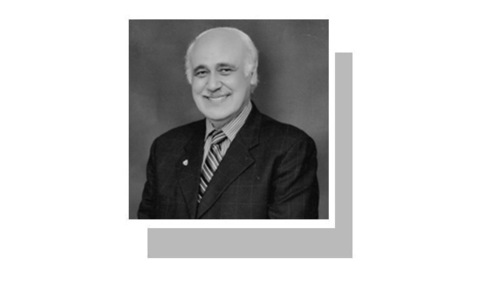NEW DELHI: India’s patent office will consider this week whether to override patents on cancer drugs made by Pfizer and Roche and allow a generics firm to export copycat versions to Nepal in the first case of its kind here.
The case, brought by Hyderabad-based Natco Pharma, is the first time India’s patent office has considered granting so-called compulsory licences since the law was updated in 2005 in keeping with World Trade Organization (WTO) rules.
“It will be a moral victory, making drugs more affordable to developing countries,” said Adi Narayana, Natco’s corporate affairs manager, when asked about the significance of the case.
It would also be a business victory for India’s massive generic pharmaceutical sector, he said. India is the main supplier of essential medicines to poor countries, according to aid group Medecins Sans Frontieres (MSF).
The patent office will begin hearing the case on Thursday and Friday and rule at a later date.
The WTO’s Trade-Related Aspects of Intellectual Property Rights agreement (TRIPS) lets governments override drug patents and allow the production of generic copies of drugs deemed critical to public health in poor countries.
Since the agreement, several countries have used TRIPS to produce generic AIDS therapy drugs for their domestic markets.
In October, Canada became the first to allow one of its companies to export a generic copy of a patented drug, sending Aids therapy drugs to Rwanda.
Last year Thailand was the first to override patents for drugs to treat diseases other than Aids, issuing licences for patented cancer drugs despite intense industry resistance and criticism from the United States for disrespecting patents.
Natco has a licence from Nepal to import Erlotinib, patented in India by Swiss firm Roche under the brand name Tarceva, and Sunitinib, patented by US firm Pfizer Inc under the name Sutent.
It says it can make generic versions at about a fifth of the cost to sell through a private distributor in Nepal.
Drug research companies and public health activists argue over how much patents hinder poor countries from getting hold of new and improved drugs for Aids and other public health issues.
Drugmakers say tight patent laws stimulate vital research; activists say the ensuing price monopolies prevent the drugs from reaching people in developing countries.—Reuters













































Dear visitor, the comments section is undergoing an overhaul and will return soon.